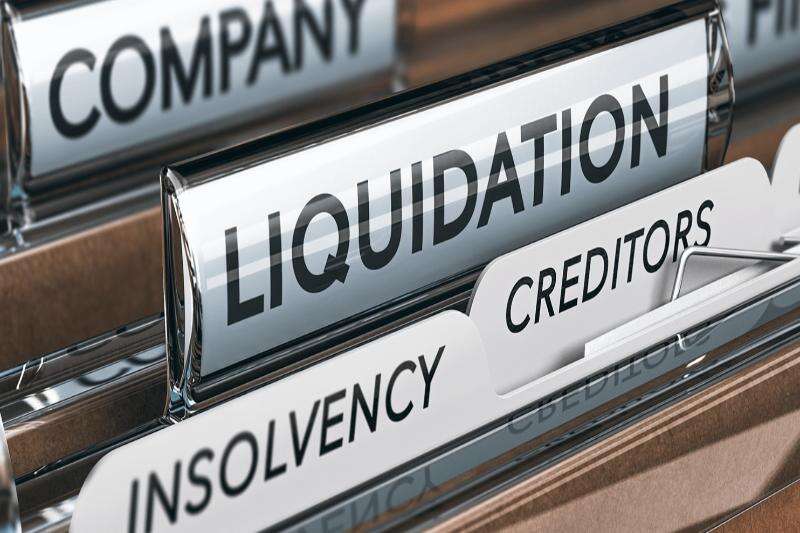Business Valuation During Liquidation

A business can face liquidation due to various reasons, such as poor management, insufficient capital, intense industry competition, lack of long-term strategy, or even unforeseen global events like the COVID-19 pandemic. Liquidation occurs when a company’s total debts exceed its total assets, and it is unable to repay those debts.
Business valuation during liquidation is an essential process for any company that is going through a liquidation or winding up process. During liquidation, the business assets are sold off to pay the creditors and the remaining proceeds are distributed to the shareholders. In order to properly value the business, it is important to take into account various factors such as assets, liabilities, market conditions, and the company’s financial history.
There are two types of liquidation:
- Complete shutdown of the business, and assets are sold off to pay all the creditors in debt settlement.
- Restructuring the company’s operations and assets to enable the business to continue after repaying its debts and obligations.
During the liquidation process, the primary goal of business valuation is to determine the amount available for the secured and unsecured creditors. After that, the focus shifts to assessing whether any funds remain for equity shareholders. If the company can operate again, the aim is to ascertain the amount that should be converted into cash to fund working capital.
If the company’s assets can be restructured, they are used to pay off significant and immediate debts, allowing the business to continue operations. In situations where the business starts generating positive cash flow after a steady period of operation, a cash-flow based valuation method utilizing data on earnings before interest, earnings, depreciation, and taxes is recommended.
Liquidation value is the minimum amount that a company receives when it liquidates its assets. This is often used when restructuring the business is deemed unlikely to succeed. In this scenario, the total value of all the assets is considered, and an appraisal-based valuation method, such as asset-based valuation, is typically used.
Key Factors of business valuation during liquidation
Here are some key factors to consider when conducting a business valuation during liquidation.
- Consider the assets and liabilities of the company During a liquidation process, it is essential to determine the value of the company’s assets and liabilities. The assets may include property, inventory, equipment, and intellectual property, while the liabilities may include outstanding debts, loans, and legal claims. In order to determine the net asset value of the company, the total liabilities must be subtracted from the total assets.
- Consider the market conditions Market conditions can play a major role in the value of the business during liquidation. If the market is strong and there is a high demand for the company’s assets, then the value of the business will be higher. Conversely, if the market is weak and there is little demand for the assets, then the value of the business will be lower.
- Consider the financial history of the company The financial history of the company can also have an impact on its value during liquidation. The valuation will take into account the company’s past earnings, profits, and losses, as well as any trends that may be apparent in the financial data.
- Seek the services of a professional valuator It is important to seek the services of a professional valuator who has experience in conducting business valuations during liquidation. The valuator should be able to provide an independent and unbiased assessment of the company’s value, based on a thorough analysis of all relevant factors.
- Consider the timing of the liquidation The timing of the liquidation can also have an impact on the value of the business. If the liquidation is being conducted during a strong market, then the assets may be sold for a higher price, resulting in a higher valuation for the business. On the other hand, if the liquidation is being conducted during a weak market, then the assets may be sold for a lower price, resulting in a lower valuation for the business.
Conclusion
Business valuation during liquidation is an important process that must be conducted in a thorough and careful manner. It is important to take into account various factors such as assets, liabilities, market conditions, and the company’s financial history, and to seek the services of a professional valuer who has experience in conducting business valuations during liquidation. By doing so, the company can ensure that it receives a fair and accurate valuation, which will enable it to properly distribute its assets and liabilities during the liquidation process.
A third-party appraisal firm like us can analyse the entire list of items available on the balance sheet, calculate the assets’ depreciation, assess their current condition, and perform a comparison with the current market. Click here to find out when to do a business valuation.
To get in touch with a qualified and experienced valuer, please visit www.businessvaluation.com.sg.
